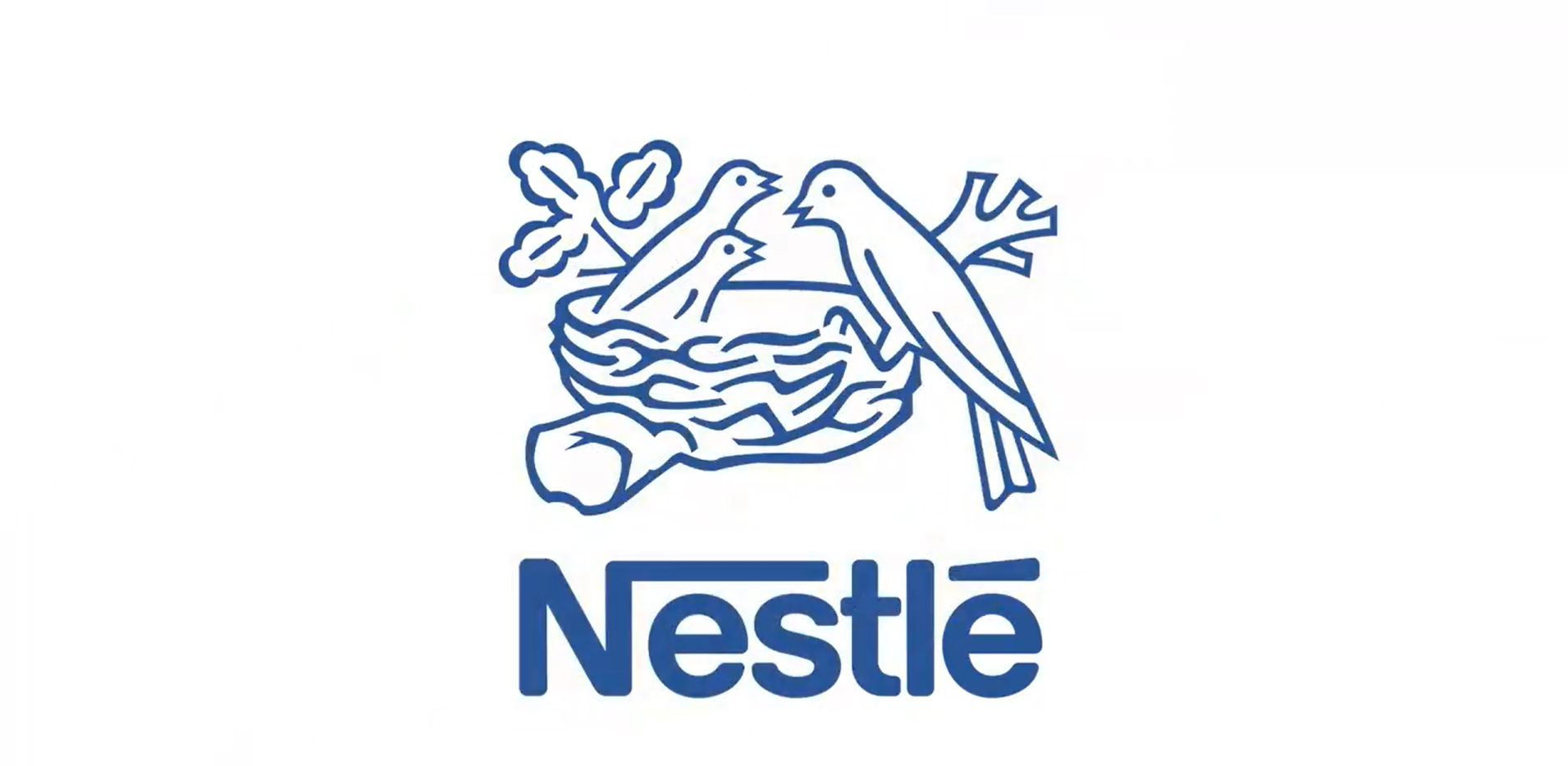Food and beverage conglomerate Nestlé has justified its decision to stay in Russia by saying that its Russian operations will not yield major profits as Ukraine pressurized the company to withdraw amid war.
On Saturday, Ukraine’s President Volodymyr Zelensky called out Nestlé in a speech to protesters in Bern, the capital of Switzerland, highlighting Nestlé’s disparity between its tagline “good food, good life” and its actions.
“Business in Russia works even though our children die and our cities are destroyed,” Zelensky said, according to local media reports.
In the address, Zelensky called out several multinational firms that are continuing operations in Russia.
Also read: On Ukraine, China’s Xi faces Sophie’s choice: To save ally or economy
In a statement to the US Congress last week, Zelensky urged politicians to make efforts to stop companies from financing the “Russian military machine”, dropping names of several multinational companies including Mondelez International, Unilever, Bayer and Sanofi and European banks Raiffeisen and Société Générale.
Garnering massive criticism, Nestlé has stated that it has already “significantly scaled back” its operations in Russia by putting a stop to all import and export processes, except for “essential products,” and has ceased advertising and investment.
Also read: Marjorie Taylor Greene says US aid to Ukraine may fund Nazi militias
“We do not make a profit from our remaining activities,” the Swiss company said.
“The fact that we, like other food companies, supply the population with important food does not mean that we simply continue as before,” Nestlé added.
Nestlé, which owns brands including Nespresso coffee, Gerber baby food, and Perrier water, has over 7,000 employees and six factories currently in operation in Russia. It earned around 2% of its total revenue from the country.
On the other hand, about 400 firms have scaled back from Russia, suspending operations or completely withdrawing, according to Jeffrey Sonnenfeld, a Yale School of Management professor who has been tracking the corporate exodus in Russia.







